Following the adoption of the Partnership Agreement 2021-2027 with Spain, the Commission has adopted the European Maritime, Fisheries and Aquaculture Fund (EMFAF) programme for Spain, to implement the EU common fisheries policy (CFP) and EU policy priorities outlined in the European Green Deal. The total financial allocation for the Spanish programme 2021-2027 is €1.57 billion, of which the EU contribution accounts for €1.12 billion.
Commissioner for Environment, Oceans and Fisheries, Virginijus Sinkevičius, said:
I am pleased to announce the adoption of the EMFAF Programme for Spain, which is the largest Member State programme and will play a crucial role for the future of the fishing sector in Spain. The focus on sustainable use of natural resources and ecosystem-based management, digitalisation and energy efficiency as well as training of professionals in fisheries will open new perspectives for the sustainable development and enhancement of this important sector in Spain and at the same time ensure the protection and restoration of biodiversity. The programme will foster a more green, blue and digital transition along the whole fisheries value chain and will promote sustainable aquaculture and processing activities.
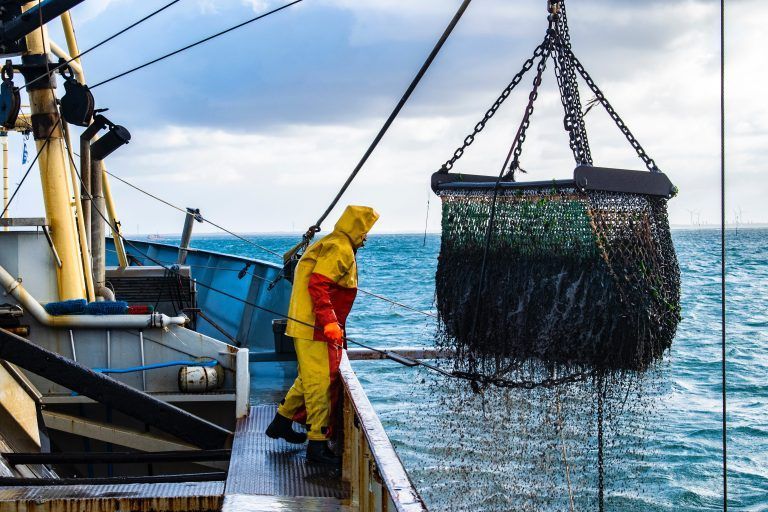
Rules on limited access of EU fishing vessels’ to national waters extended
|
Supported activities
41.1% of the programme allocation will be dedicated to sustainable fisheries, 35.5% will be invested in sustainable aquaculture and in processing and marketing, 9.4% will be dedicated to sustainable blue economy in coastal regions, 5.2% will be invested in support of the Canary Islands fisheries and aquaculture sectors, and 3.2% will be invested in the strengthening of international ocean governance, all contributing to the EU’s environmental and climate objectives.
The programme will support, among other things:
- Sustainable fisheries: investments to improve the sustainable management of fisheries resources, and the safety, health and working conditions onboard; support to energy efficiency and decarbonisation of fishing vessels; measures to improve fisheries infrastructure, in particular in ports; start-up support for young fishers and training of professionals; fisheries control and data collection.
- Sustainable aquaculture: investments in sustainable aquaculture projects and for the diversification of farmed aquaculture species; supporting innovation; decarbonisation in aquaculture and the processing of fisheries and aquaculture products.
- Sustainable blue economy (i.e. economic activities related to seas and oceans): development of coastal areas through Local Action Groups (LAG).
- International ocean governance: marine knowledge, maritime surveillance and coast guard cooperation.
Outermost regions
The Canary Islands
The Canary Islands will focus EMFAF support on the compensation of additional costs and on structural investments particularly targeting the small-scale fisheries segments, by providing them with better work, safety and social conditions and by making the profession more attractive. They will also support the protection and recovery of marine biodiversity and habitats. With EMFAF support the Canary Islands will continue investing in research and innovation in aquaculture production, improving its sustainability, and in the promotion of digitalisation and decarbonisation.
Main expected outcomes until 2027
The Spanish EMFAF programme will contribute to the EU policy priorities outlined in the European Green Deal, Farm to Fork and Biodiversity strategies.
The programme will support the resilience of the fisheries and aquaculture sectors, including through the adaptation and restructuring of the fleet and investments in infrastructure aiming to improve working conditions onboard, training, setting up infrastructure to support aquaculture, support on fisheries ports infrastructure; and introducing innovative solutions for the processing and marketing sectors. It will also support and encourage the active inclusion in the sector of women and young people in particular.
Temporary cessation of fishing activities will also contribute to the resilience of the sector in the short term in case of specific fisheries conservation and emergency measures, thereby ensuring a fair remuneration for professionals in the sector.
The programme will support the green transition of the sector with investments in energy efficiency, engine replacement, decarbonisation and use of renewable energies, in line with the objectives of the European Green Deal.
Spain also plans on investing in the development of green infrastructure that helps preserve biodiversity, coastal ecosystems and maritime landscapes.
The digital transition is well covered in the Spanish programme in particular in the investments included in fisheries control and data collection, processing and marketing, aquaculture and small-scale fisheries. Investments in digitalisation, innovation and modernisation aim to ensure the competitiveness of the sector, allowing for its long-term maintenance in order to reverse the challenge of generational renewal in particular in the small-scale fisheries segments.
The programme will contribute to good environmental status through the implementation, management and monitoring of marine protected areas (MPAs), the design, monitoring and updating of fisheries management plans in MPAs, NATURA 2000 sites, spatial protection areas and other areas identified for that purpose.
The EMFAF programme benefits from a good collaboration between the European Commission, national managing authorities and local partners. It will support community-led local development strategies (CLLDs), a bottom-up approach to policy development that encourages local coastal communities to form a Local Action Group (LAG) and get involved.
Background
The EMFAF runs from 2021 to 2027 and supports the EU common fisheries policy (CFP), the EU maritime policy and the EU agenda for international ocean governance. The fund helps achieve sustainable fisheries and conserve marine biological resources.
Article 8 of the EMFAF Regulation (EU) 2021/1139 requires Member States to produce a national implementation programme for the EMFAF. This programme focuses on EU priorities, laying down the strategy and investment priorities, including the indicative annual financial allocation for each priority. The programme is subject to approval by the European Commission.
Source: European Commission

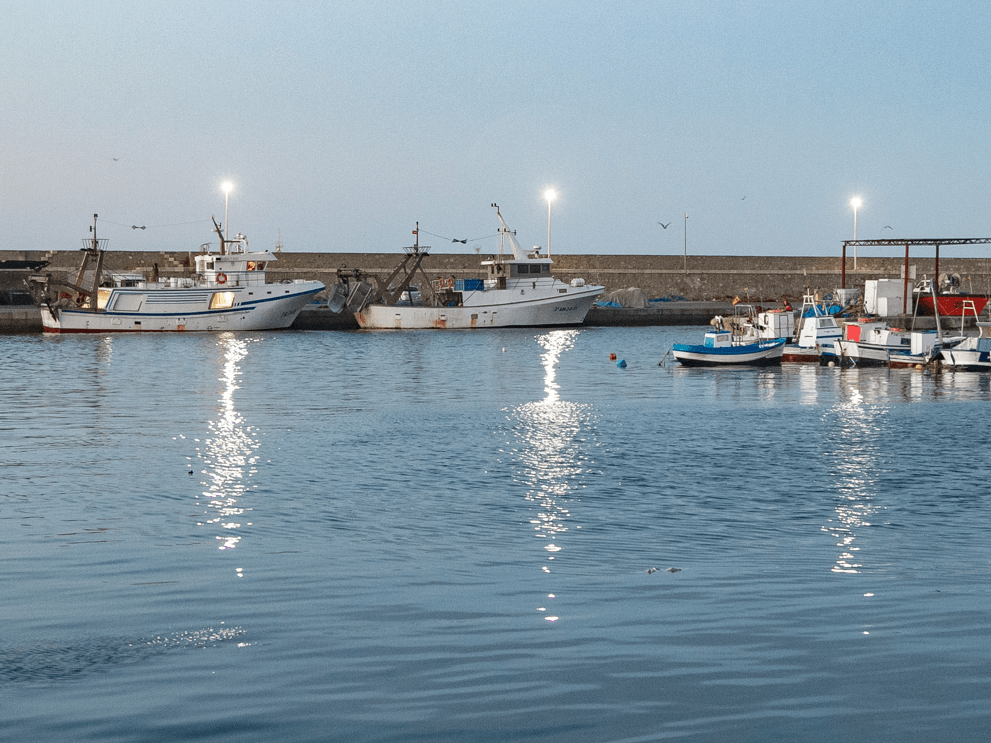
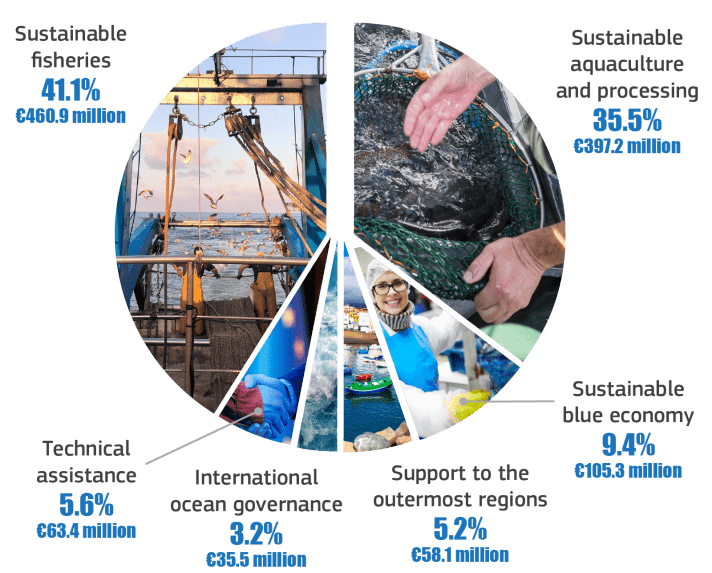
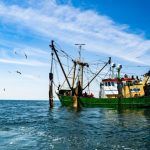

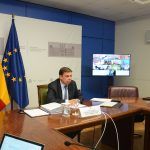


Leave a Reply